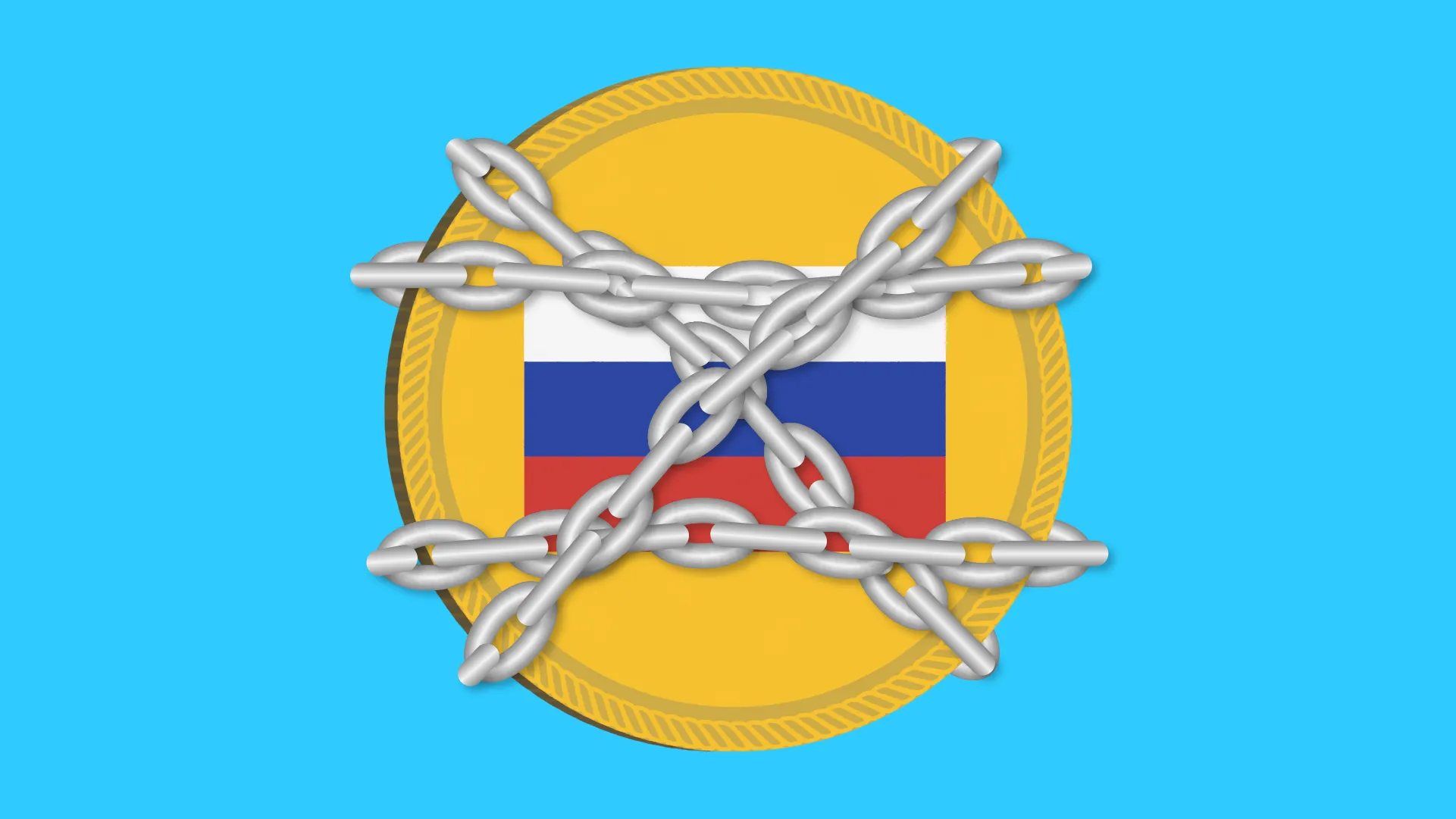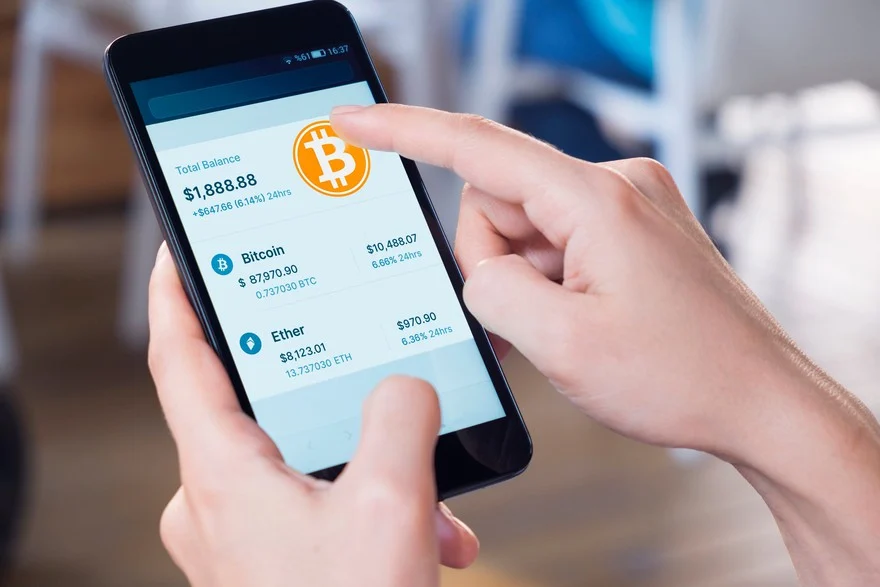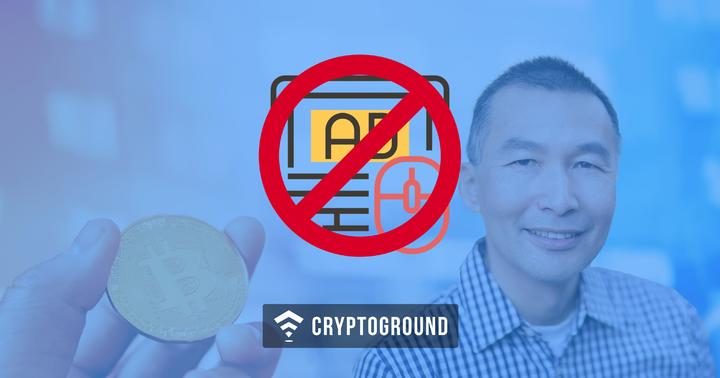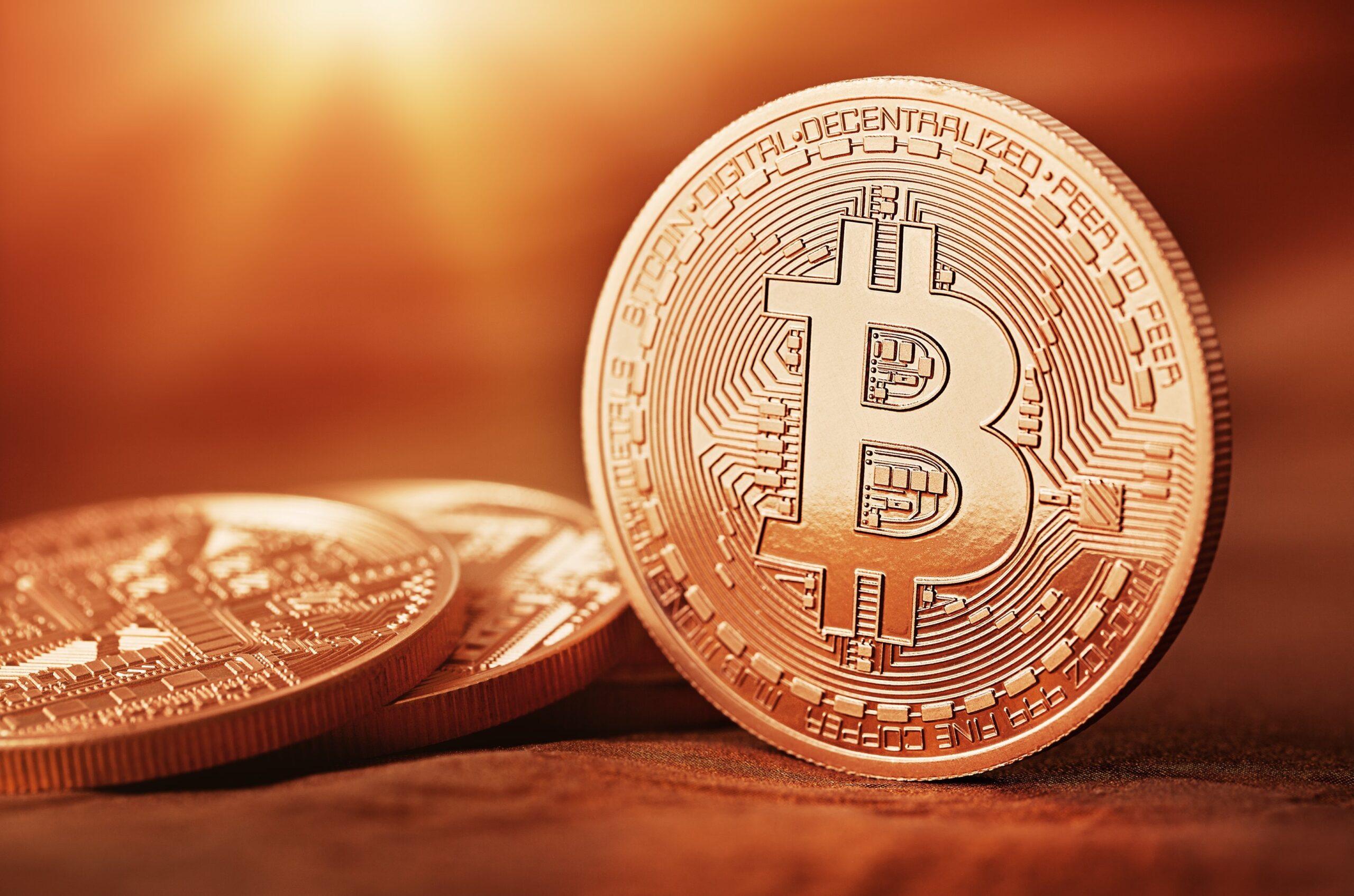Jesse Spiro is the Senior Director of Global Policy at Chainalysis, a blockchain data platform that provides data and analysis to help businesses, governments, and law enforcement investigate and prevent cryptocurrency-related crime. In an interview with Cointelegraph, Spiro shared his thoughts on blocking cryptocurrency wallets and its potential impact.
What is Crypto Wallet Blocking?
Crypto wallet blocking is the practice of preventing users from accessing their cryptocurrency wallets. This can be done by a variety of methods, such as blacklisting wallet addresses or blocking IP addresses associated with wallets.
Why Do Governments and Law Enforcement Block Crypto Wallets?
Governments and law enforcement block crypto wallets for a variety of reasons, including:
- To prevent criminals from accessing their funds: Crypto wallets are often used to store funds obtained from criminal activity, such as drug trafficking, money laundering, and ransomware attacks. By blocking crypto wallets, governments and law enforcement can prevent criminals from accessing and using these funds.
- To prevent sanctions violations: Crypto wallets are often used to circumvent sanctions imposed on countries and individuals. By blocking crypto wallets, governments and law enforcement can prevent sanctions violations.
- To protect consumers: Governments and law enforcement may also block crypto wallets to protect consumers from fraudulent or risky investments.
The Potential Impact of Crypto Wallet Blocking
Crypto wallet blocking can have a number of potential impacts, both positive and negative.
On the positive side, crypto wallet blocking can help to reduce crime and protect consumers. For example, by blocking the wallets of criminals, governments and law enforcement can make it more difficult for them to operate and profit from their crimes.
On the negative side, crypto wallet blocking can also have a number of negative consequences. For example, it can lead to the loss of funds for innocent users who are caught up in the blocking process. It can also make it more difficult for legitimate businesses to operate in the cryptocurrency space.
How to Minimize the Negative Impact of Crypto Wallet Blocking
There are a number of things that can be done to minimize the negative impact of crypto wallet blocking.
First, governments and law enforcement need to be careful and targeted in their blocking efforts. They need to ensure that they are only blocking the wallets of criminals and other individuals or entities that are engaged in illegal activity.
Second, governments and law enforcement need to provide clear and transparent guidance on how to get blocked wallets unblocked. This will help to minimize the disruption to innocent users.
Finally, the cryptocurrency industry needs to work with governments and law enforcement to develop best practices for crypto wallet blocking. This will help to ensure that crypto wallet blocking is used in a way that is effective in reducing crime and protecting consumers, while also minimizing the negative impact on innocent users and legitimate businesses.
Crypto wallet blocking is a powerful tool that can be used to reduce crime and protect consumers. However, it is important to use crypto wallet blocking carefully and targetedly to minimize the negative impact on innocent users and legitimate businesses.
Additional Thoughts
In addition to the points made by Spiro, here are some other thoughts on the potential impact of crypto wallet blocking:
- Impact on innovation: Crypto wallet blocking could have a negative impact on innovation in the cryptocurrency space. This is because businesses may be less likely to develop new products and services if they are concerned that their wallets could be blocked.
- Impact on financial inclusion: Crypto wallet blocking could also have a negative impact on financial inclusion. This is because it could make it more difficult for people in underserved communities to access financial services.
Overall, it is important to weigh the potential benefits and drawbacks of crypto wallet blocking before using this tool. Governments and law enforcement need to ensure that they are using crypto wallet blocking in a way that is effective in reducing crime and protecting consumers, while also minimizing the negative impact on innocent users and legitimate businesses.




